Home>Articles>What Happens When My Stove Burners Light But They Still Keep Clicking
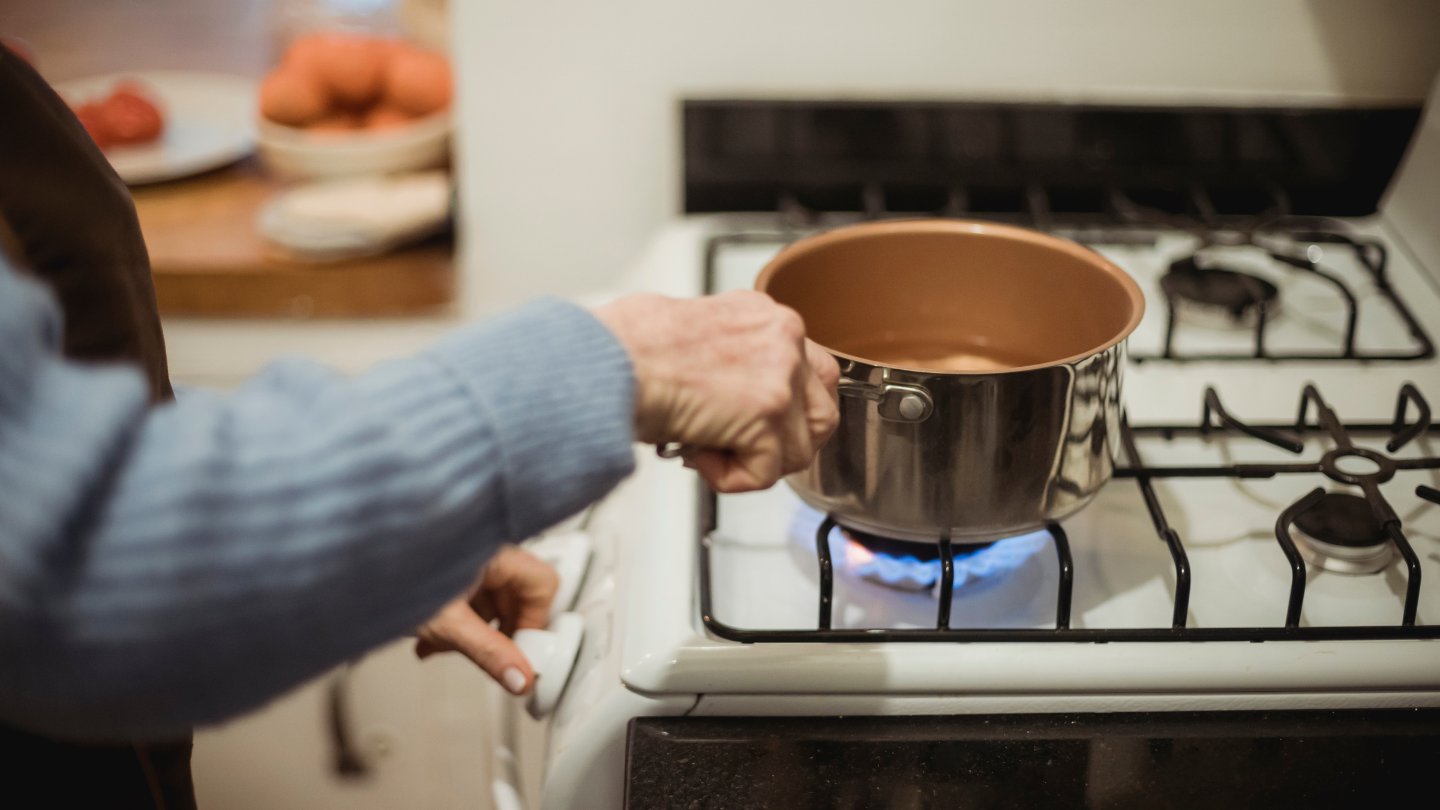

Articles
What Happens When My Stove Burners Light But They Still Keep Clicking
Modified: May 6, 2024
Discover why your stove burners keep clicking even after they light up in this informative article. Find out the possible causes and solutions.
(Many of the links in this article redirect to a specific reviewed product. Your purchase of these products through affiliate links helps to generate commission for Storables.com, at no extra cost. Learn more)
Introduction
The stove burners in your kitchen play a vital role in cooking meals and keeping your culinary adventures alive. Nothing can be more frustrating than when your stove burners light up but continue to click incessantly. This persistent clicking sound can disrupt the cooking process and leave you scratching your head in confusion.
Understanding the possible causes behind this issue can help you troubleshoot and resolve it efficiently. In this article, we will explore the various reasons why your stove burners may continue to click even after igniting, and provide you with the necessary steps to fix the problem.
Key Takeaways:
- Keep your stove burners clean and dry to prevent clicking. Troubleshoot loose components and moisture buildup for a hassle-free cooking experience.
- When troubleshooting, prioritize safety and seek professional help if needed. A well-maintained stove ensures a smooth and enjoyable cooking process.
Possible Causes
There are several potential causes for stove burners to continue clicking after they have been lit. Let’s take a closer look at the most common reasons:
1. Loose or Dirty Burner Components
One possible cause for the persistent clicking of your stove burners is loose or dirty burner components. Over time, the burner cap, burner head, and burner bases can become loose or accumulate dirt and debris. This can interfere with the proper functioning of the ignition system, causing it to continue clicking.
To resolve this issue, start by turning off the burner and allowing it to cool completely. Remove the burner cap and clean it thoroughly with warm soapy water. Use a soft brush or cloth to gently clean the burner head and base, removing any dirt or residue. Once cleaned, reassemble the burner components securely and test if the clicking has stopped.
2. Moisture or Grease Buildup
Another potential cause for the continuous clicking of your stove burners is moisture or grease buildup. If water or liquids have accidentally spilled onto the burners, or if grease from cooking has dripped onto them, it can interfere with the proper ignition of the burners.
To resolve this issue, make sure that the burners are completely dry before attempting to use them. If there is any visible moisture, gently wipe it off with a clean, dry cloth. If grease or food residue is present, use a mild cleaner specifically designed for the stove to clean the affected areas. Ensure that the burners are thoroughly dry and clean before attempting to relight them.
3. Defective Ignition System
If cleaning the burner components and removing any moisture or grease buildup doesn’t eliminate the clicking, it is possible that the ignition system itself is faulty. The ignition switch or module may be malfunctioning, causing it to continue sending signals to ignite the burner even after it is already lit.
In this case, it is recommended to seek professional assistance from a qualified technician. They will be able to diagnose the issue accurately and repair or replace the defective ignition system components if necessary.
By understanding these potential causes, you can take the necessary steps to troubleshoot and resolve the problem of your stove burners clicking even after they are lit. It is always important to prioritize safety and consult a professional if needed, especially when dealing with complex ignition system issues.
Troubleshooting Steps
If you are faced with the annoying clicking of your stove burners even after they have been lit, here are some troubleshooting steps you can take to resolve the issue:
1. Cleaning the Burner Components
Start by turning off the burner and allowing it to cool completely. Remove the burner cap and clean it thoroughly with warm soapy water. Use a soft brush or cloth to gently clean the burner head and base, removing any dirt or residue. Pay close attention to any clogged or obstructed burner ports, and ensure they are free from debris. Once cleaned, reassemble the burner components securely and test if the clicking has stopped.
2. Checking for Moisture or Grease Buildup
Inspect the burner area for any signs of moisture or grease buildup. If water or liquids have spilled onto the burners or if grease from cooking has dripped onto them, it can interfere with the proper ignition. Make sure that the burners are completely dry before attempting to use them. If there is any visible moisture, gently wipe it off with a clean, dry cloth. If grease or food residue is present, use a mild cleaner specifically designed for the stove to clean the affected areas. Ensure that the burners are thoroughly dry and clean before attempting to relight them.
3. Inspecting and Repairing the Ignition System
If cleaning the burner components and removing any moisture or grease buildup doesn’t solve the issue, it’s time to inspect the ignition system for any faults. Start by turning off the power to the stove and disconnecting it from the electrical supply. Carefully remove the control knobs and the front panel, exposing the ignition system.
Inspect the ignition switch and module for any visible signs of damage or wear. Check for loose connections or faulty wiring. If you are uncertain about handling electrical components, it is recommended to seek assistance from a professional technician. They will have the expertise to diagnose the problem accurately and perform any necessary repairs or part replacements.
Remember, safety should always be a priority when troubleshooting stove burners. If you are unsure or uncomfortable with any of the steps, it’s best to consult a professional technician who can provide the necessary expertise to diagnose and fix the issue.
Conclusion
Dealing with stove burners that continue to click even after they have been lit can be frustrating. However, by understanding the potential causes and following the appropriate troubleshooting steps, you can resolve this issue and get back to enjoying hassle-free cooking.
Start by checking for loose or dirty burner components and clean them thoroughly to ensure proper ignition. Take extra care to inspect for moisture or grease buildup, as this can also interfere with the burner’s functionality. If cleaning doesn’t solve the problem, it may indicate a faulty ignition system, which should be inspected and repaired by a professional technician.
While troubleshooting, it’s important to prioritize safety. Always turn off the burner and allow it to cool before attempting any cleaning or inspection. If you are unsure or uncomfortable with any of the steps, it is best to seek assistance from a qualified technician who can provide the necessary expertise and ensure proper resolution of the issue.
By following the troubleshooting steps outlined in this article and addressing the potential causes, you can eliminate the annoying clicking sounds and enjoy the functionality of your stove burners once again. Remember, a well-maintained and properly functioning stove is essential for a smooth and enjoyable cooking experience.
Hopefully, with these tips, you can resolve any issues with your stove burners and continue creating delicious meals in your kitchen without the distraction of constant clicking noises.
Now that you've got a handle on why stove burners click, consider turning your attention to overall home upkeep. Regular home maintenance not only preserves your living space but also prevents costly repairs down the road. Dive into our detailed guide on maintaining homes for tips on keeping your dwelling in tip-top shape throughout the year. From checking smoke detectors to cleaning gutters, this guide covers all necessary bases to ensure your home stays welcoming and safe.
Frequently Asked Questions about What Happens When My Stove Burners Light But They Still Keep Clicking
Was this page helpful?
At Storables.com, we guarantee accurate and reliable information. Our content, validated by Expert Board Contributors, is crafted following stringent Editorial Policies. We're committed to providing you with well-researched, expert-backed insights for all your informational needs.
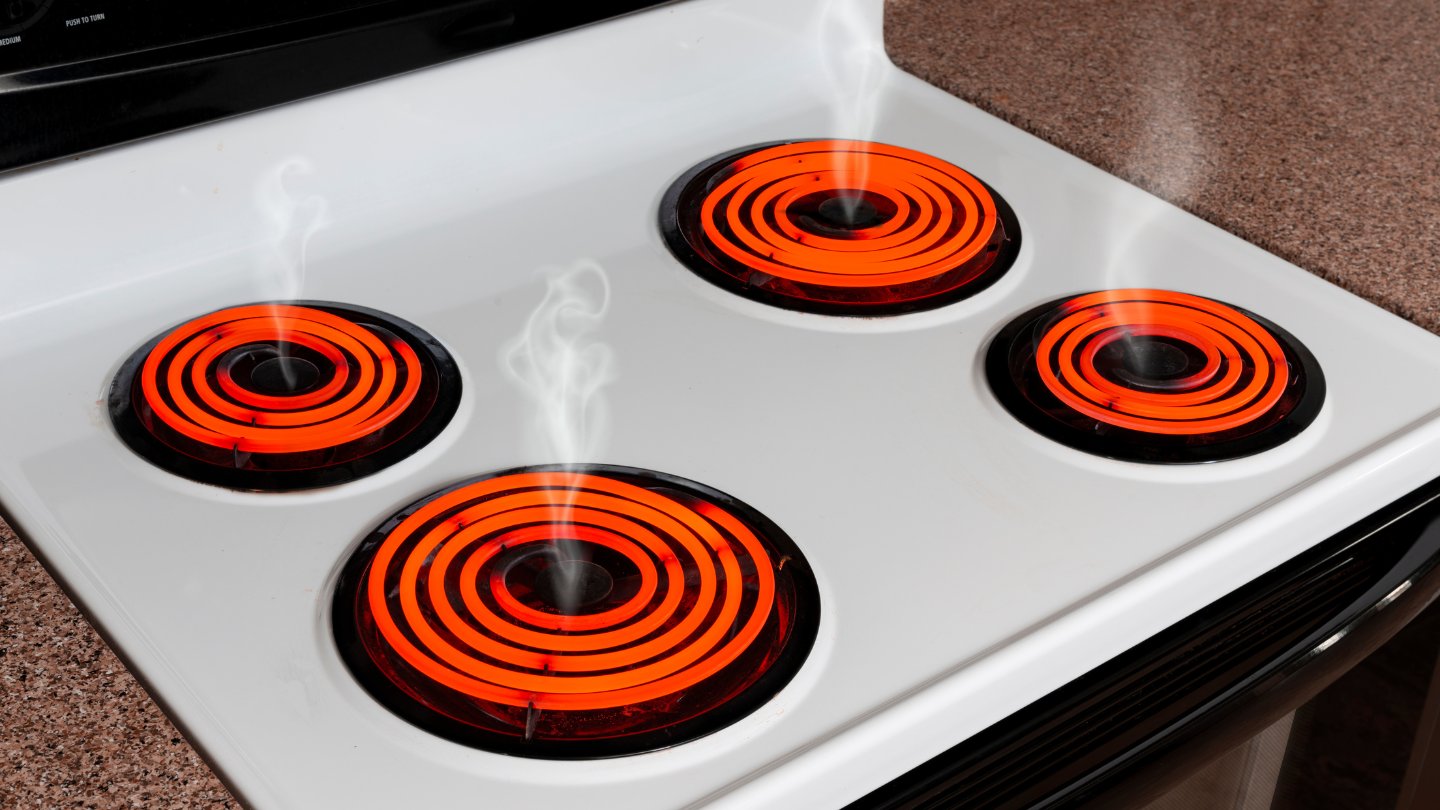
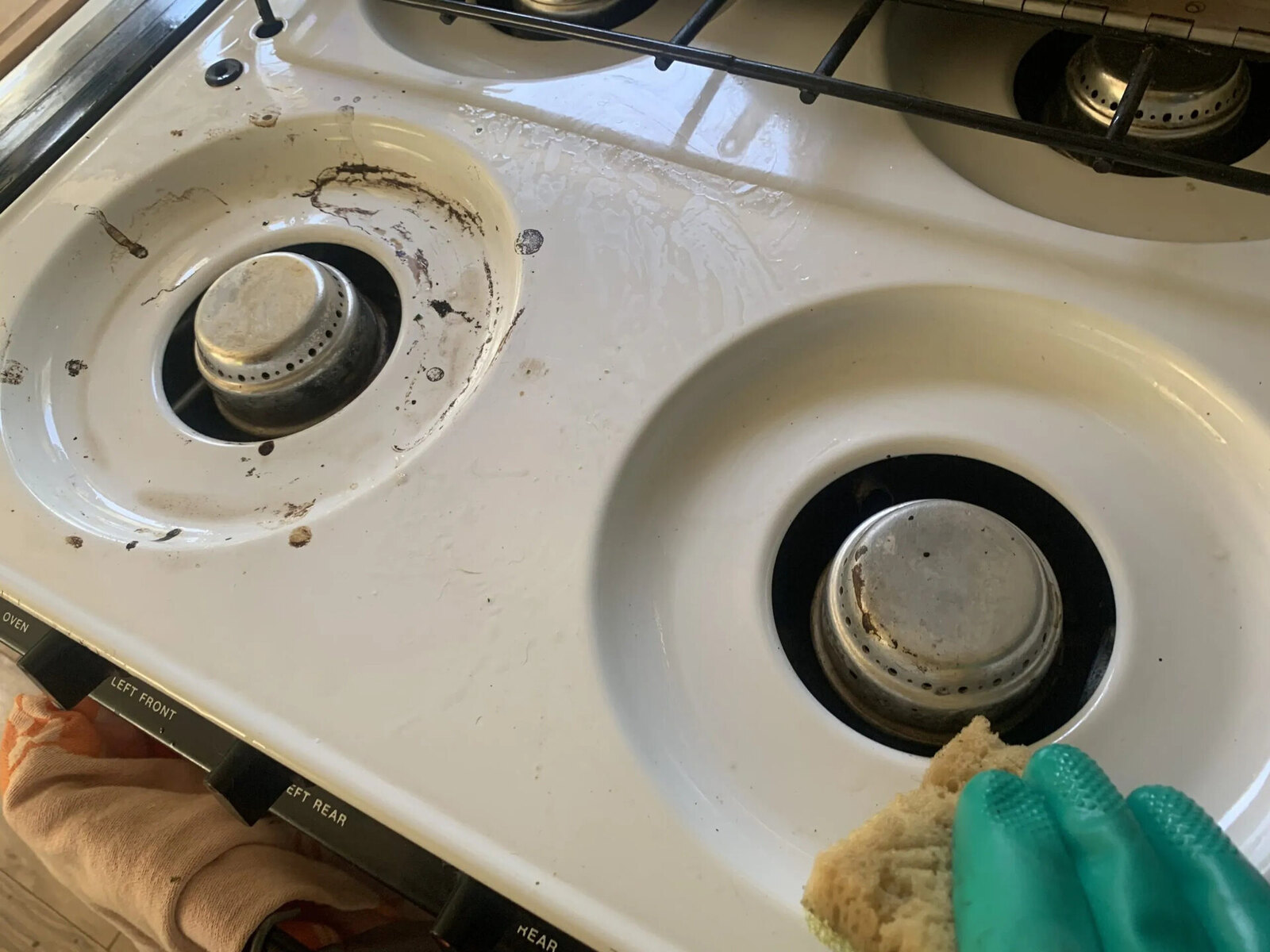
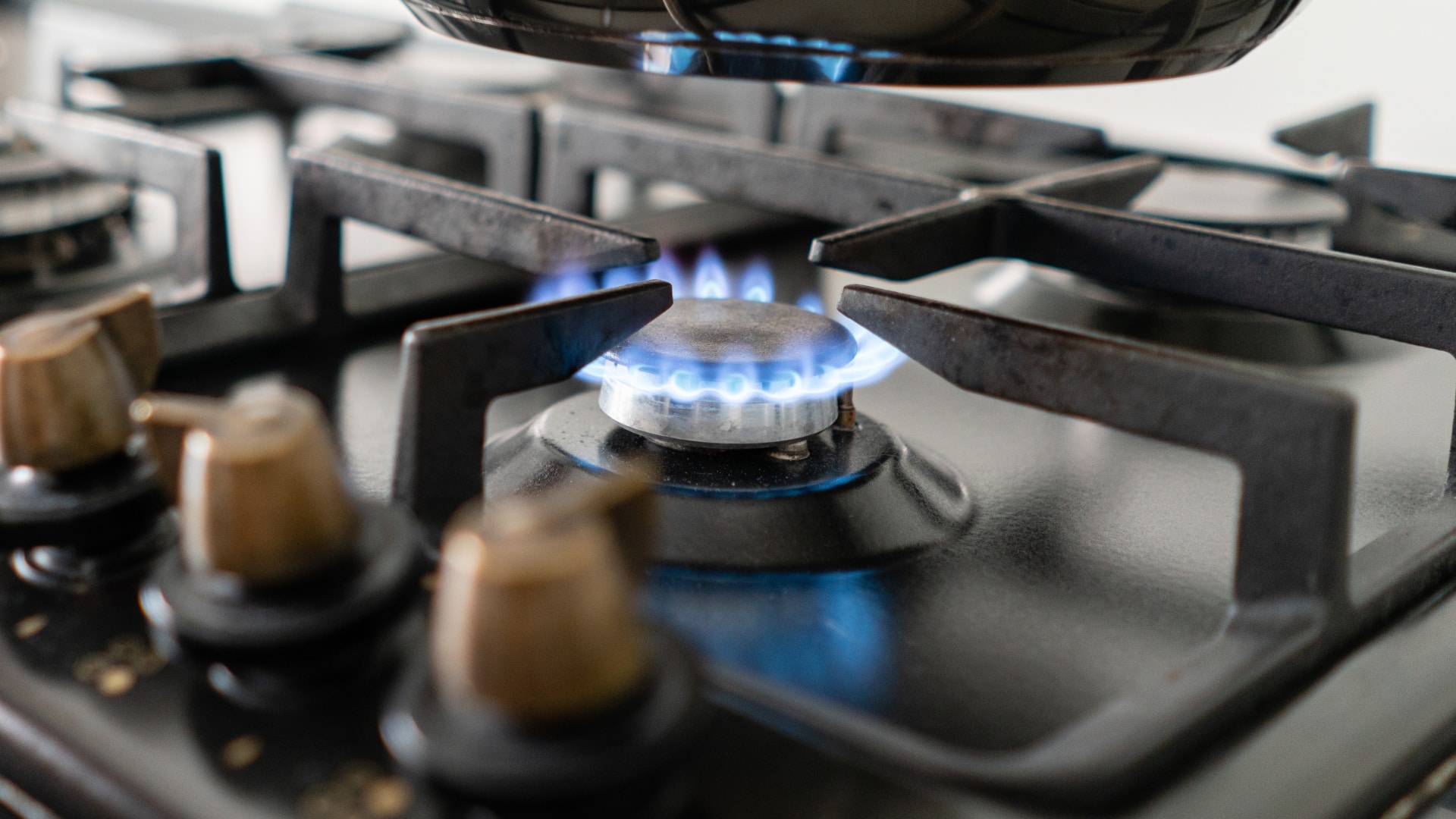
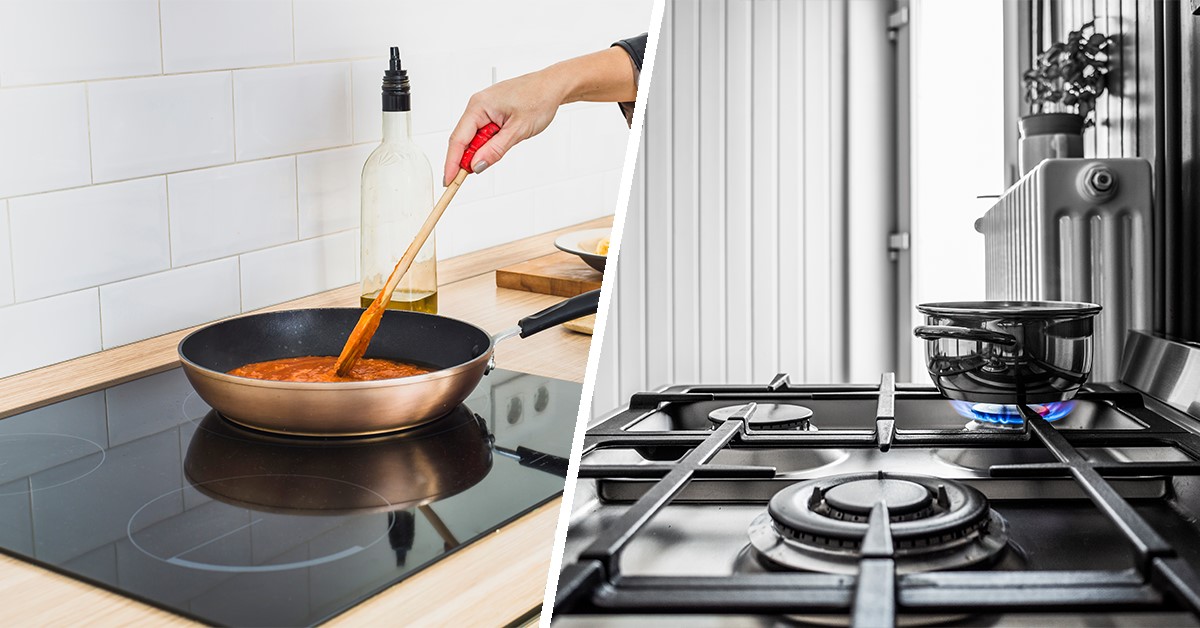
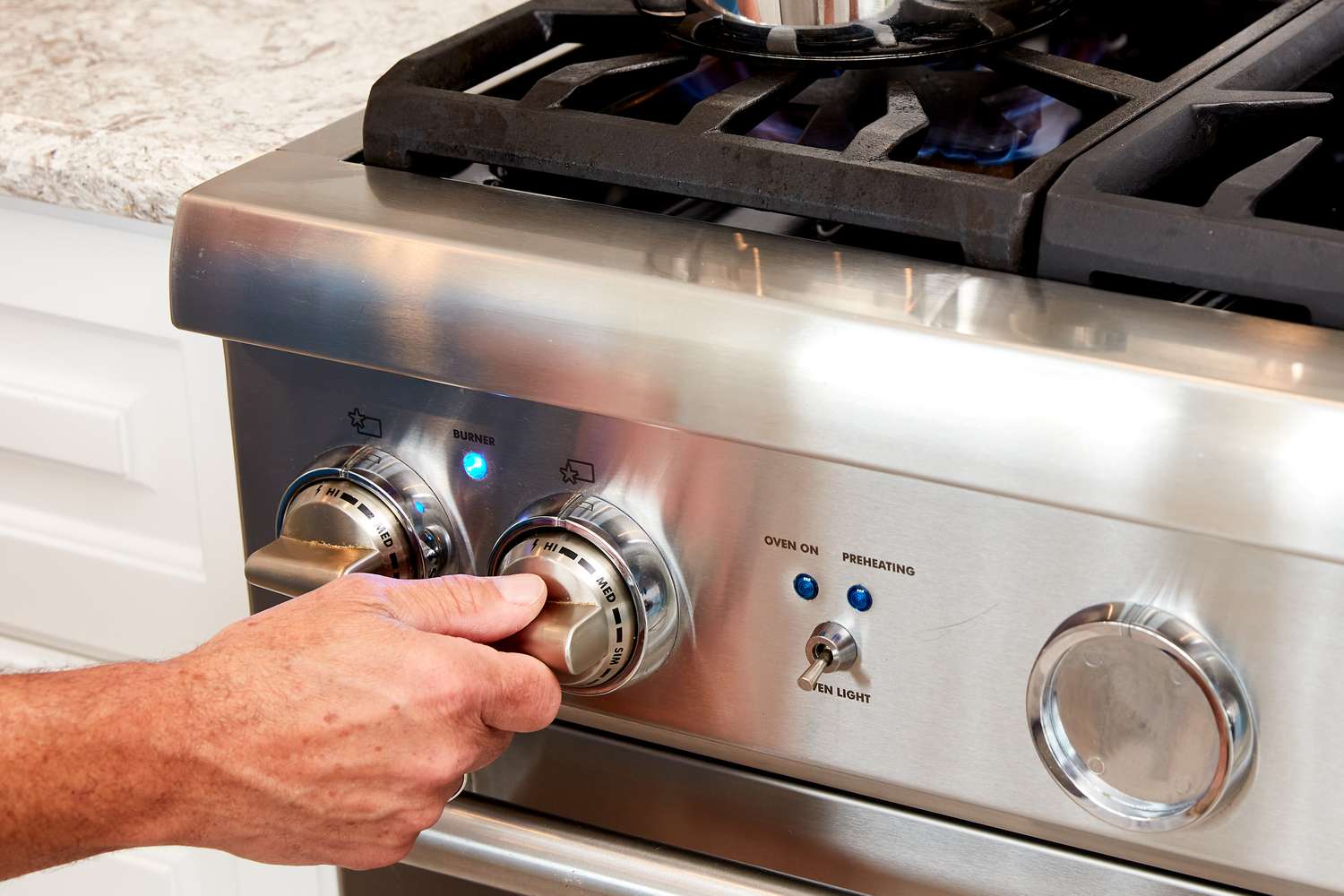
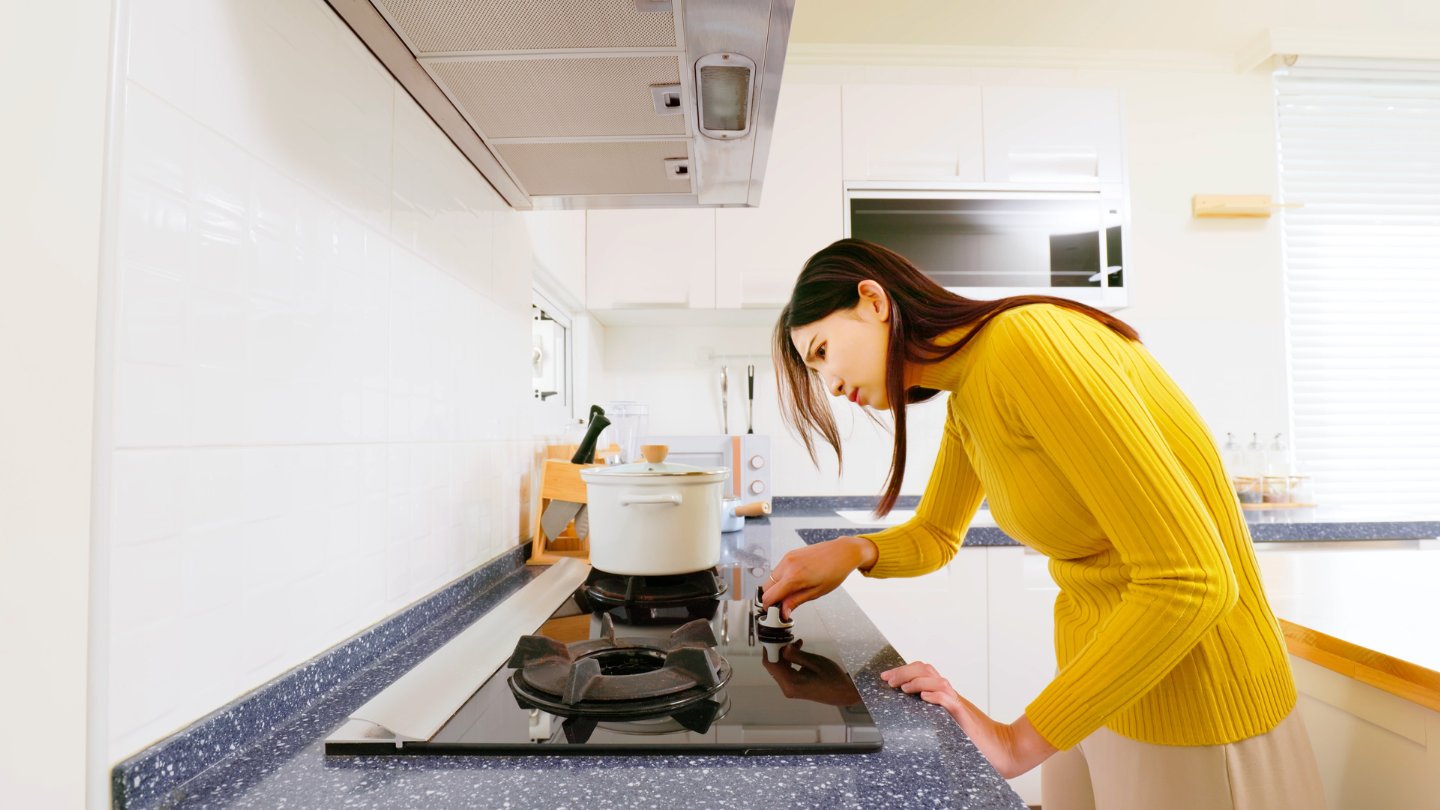
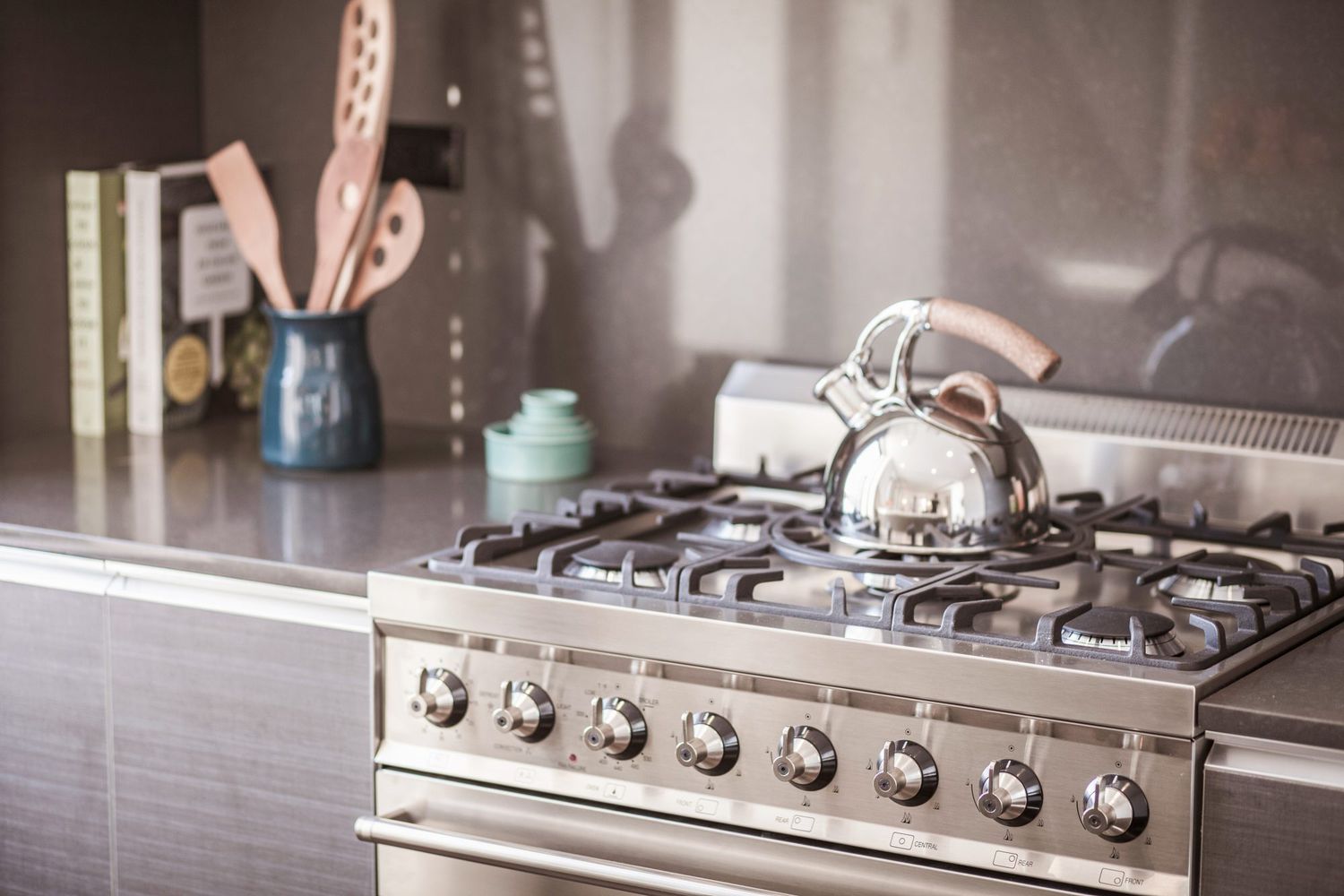
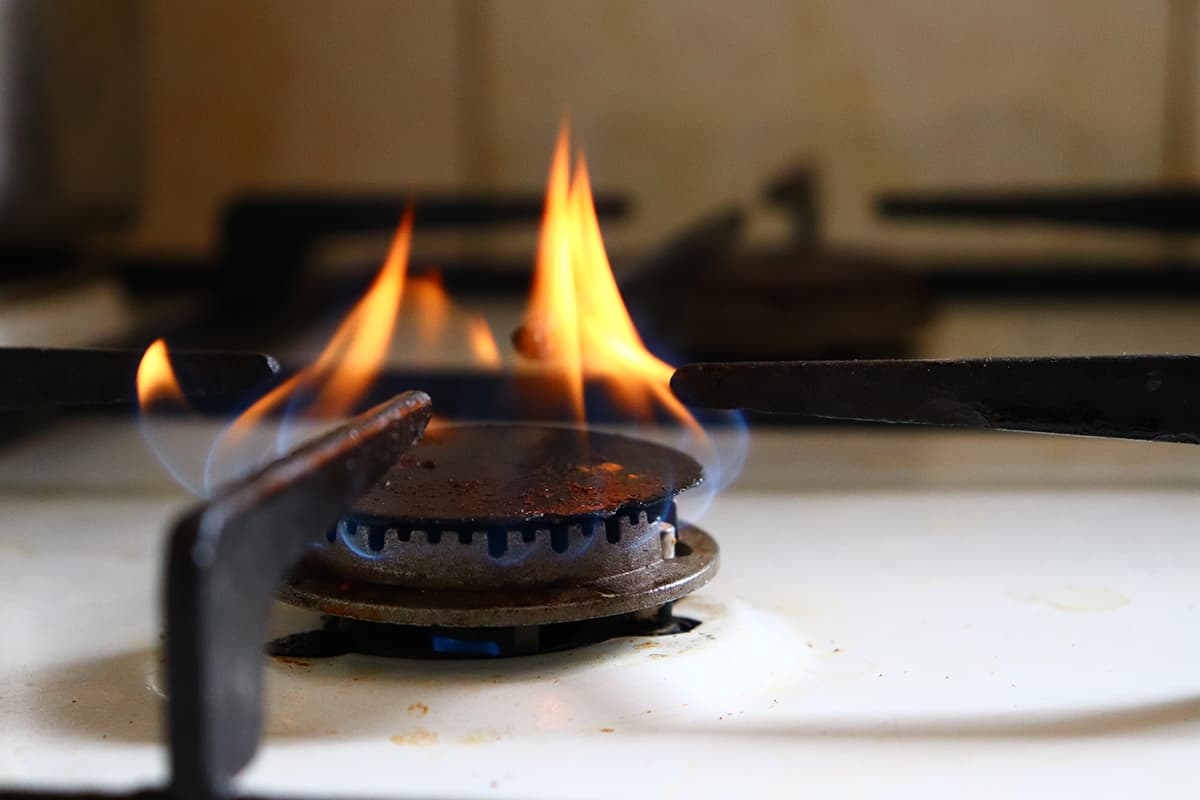
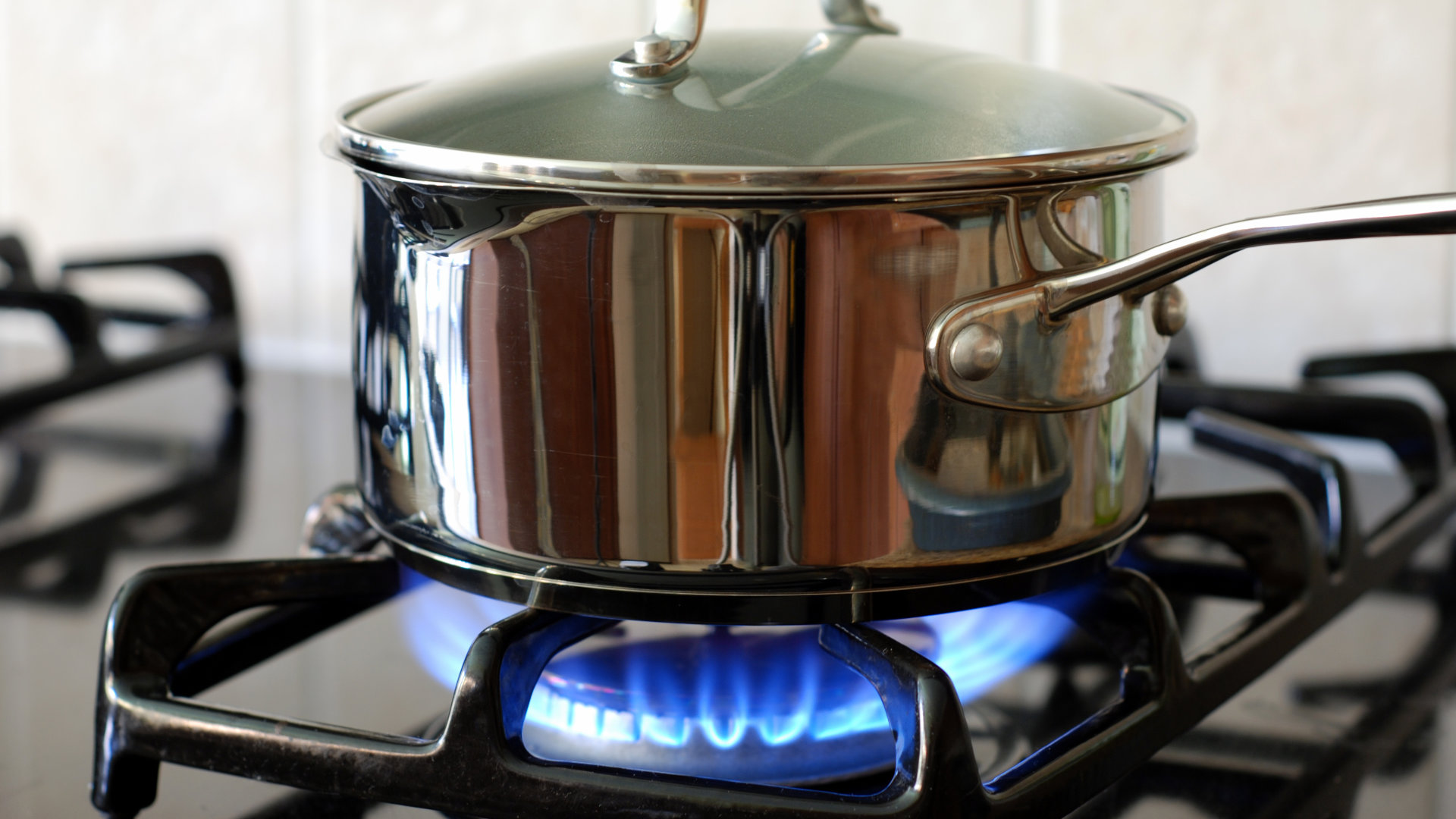
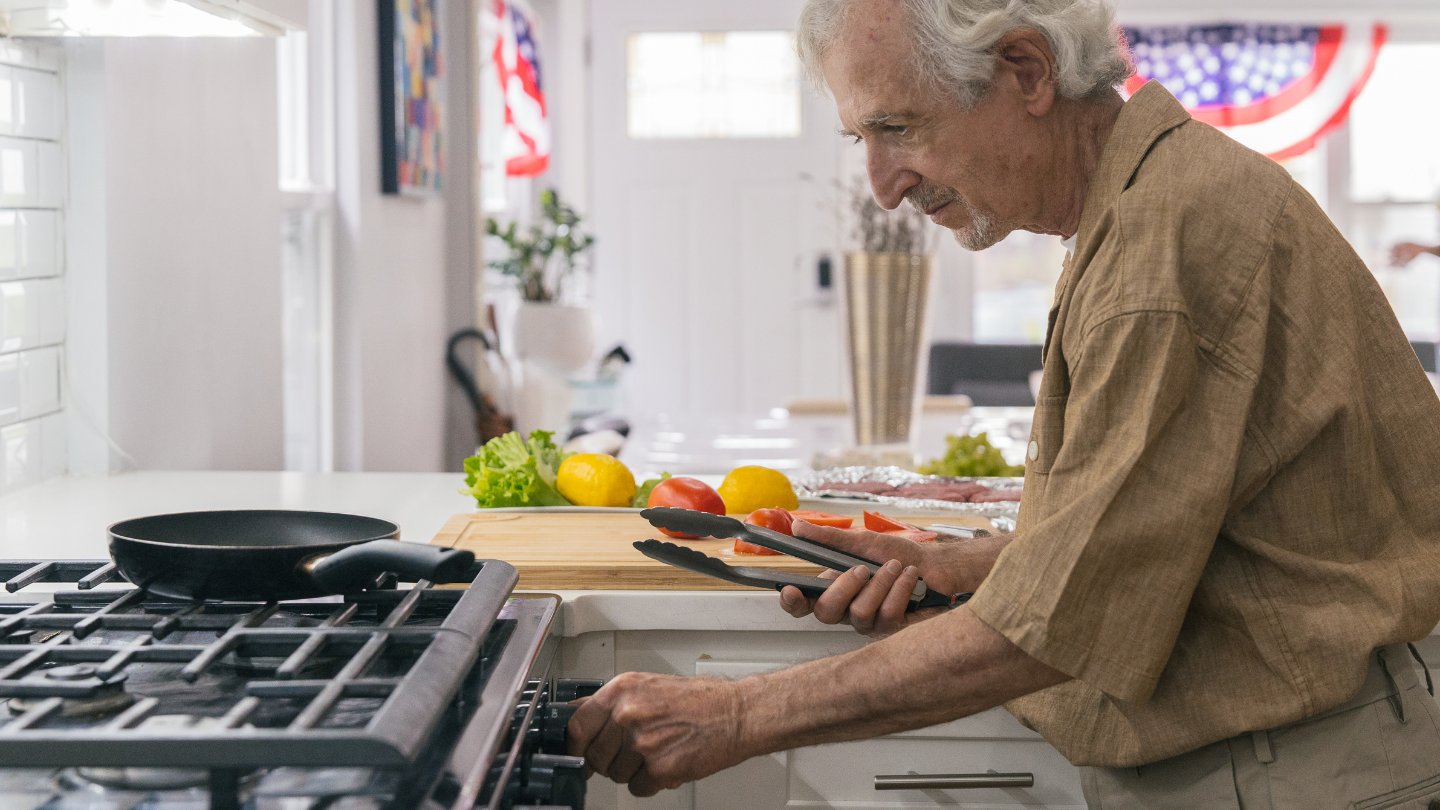
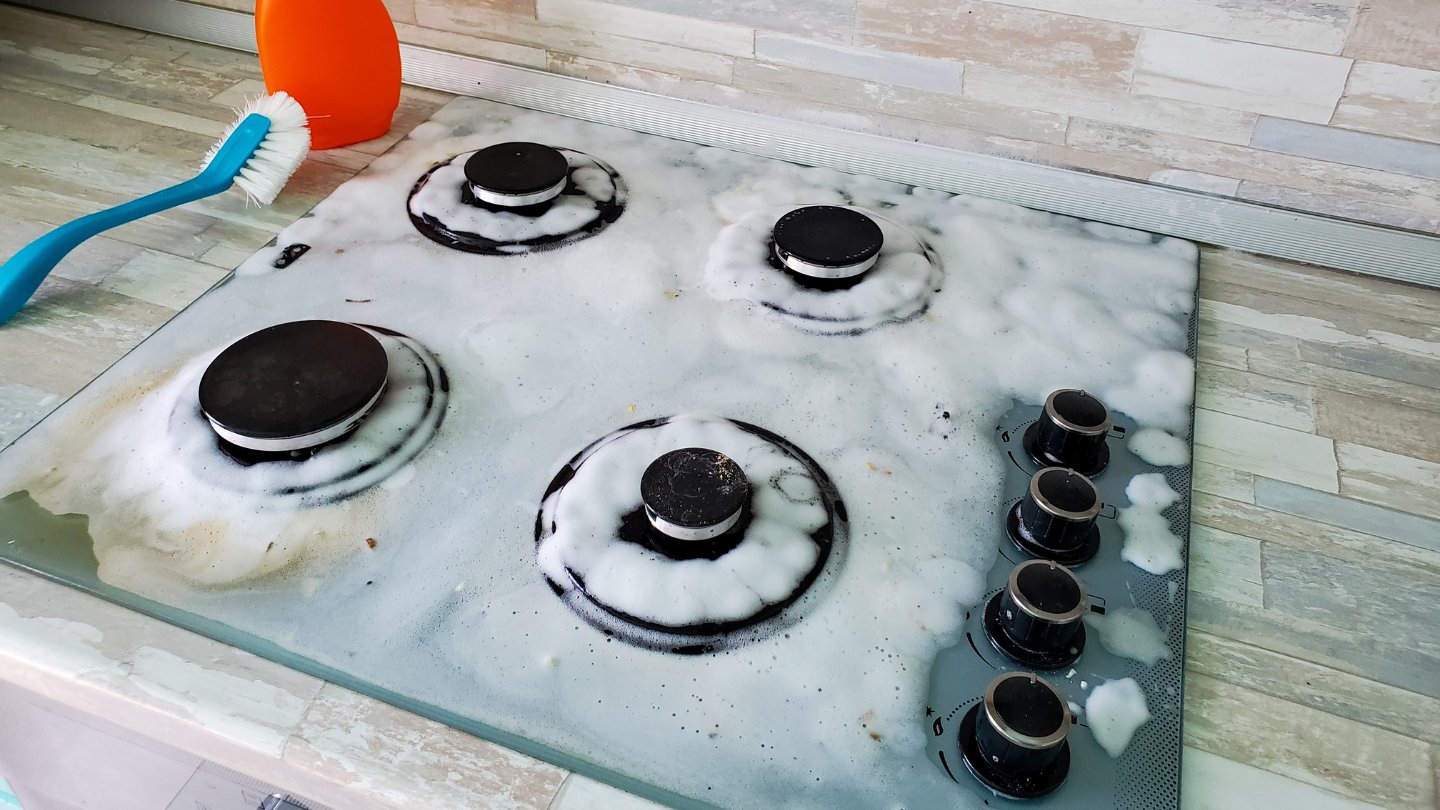
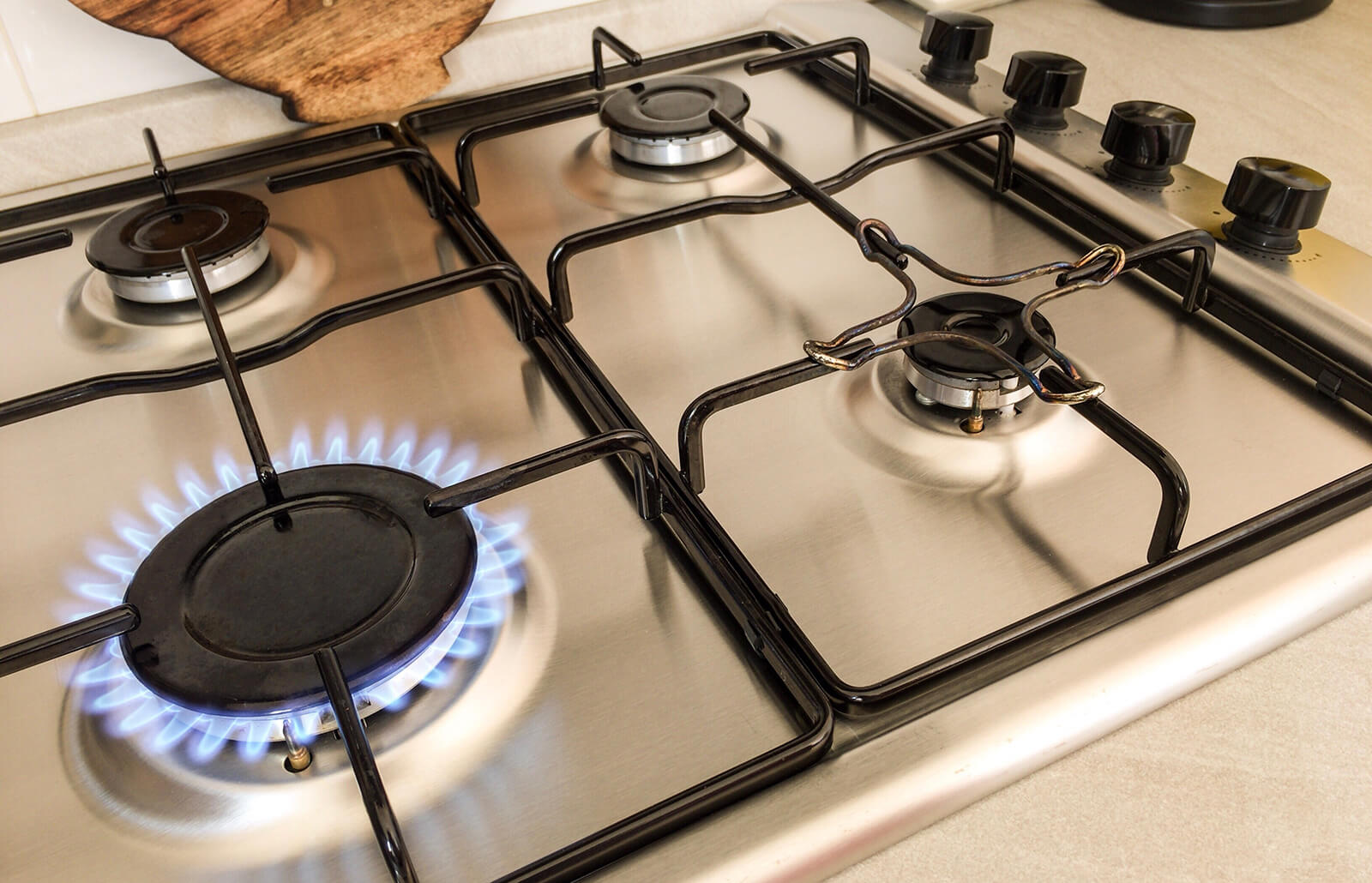
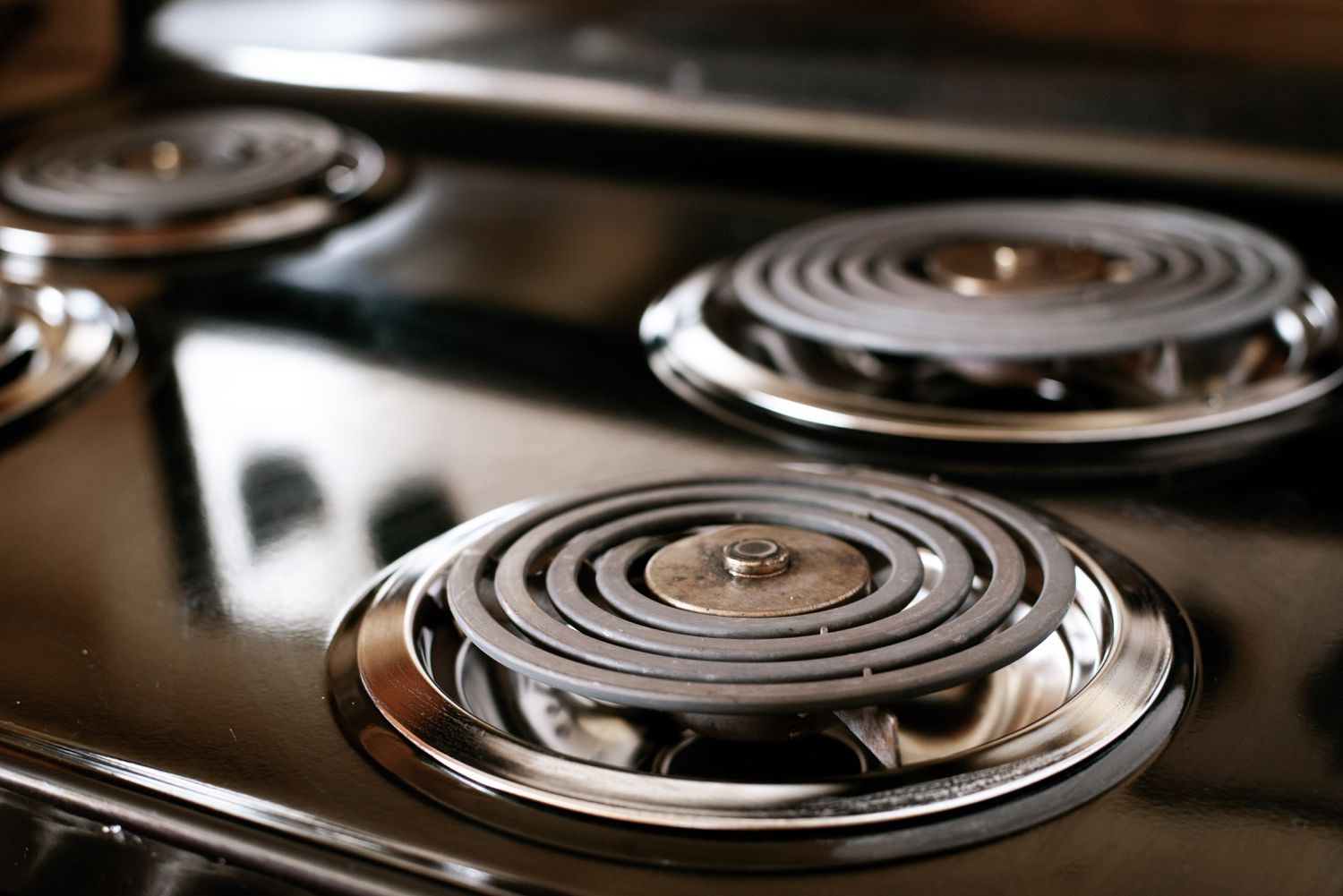

0 thoughts on “What Happens When My Stove Burners Light But They Still Keep Clicking”